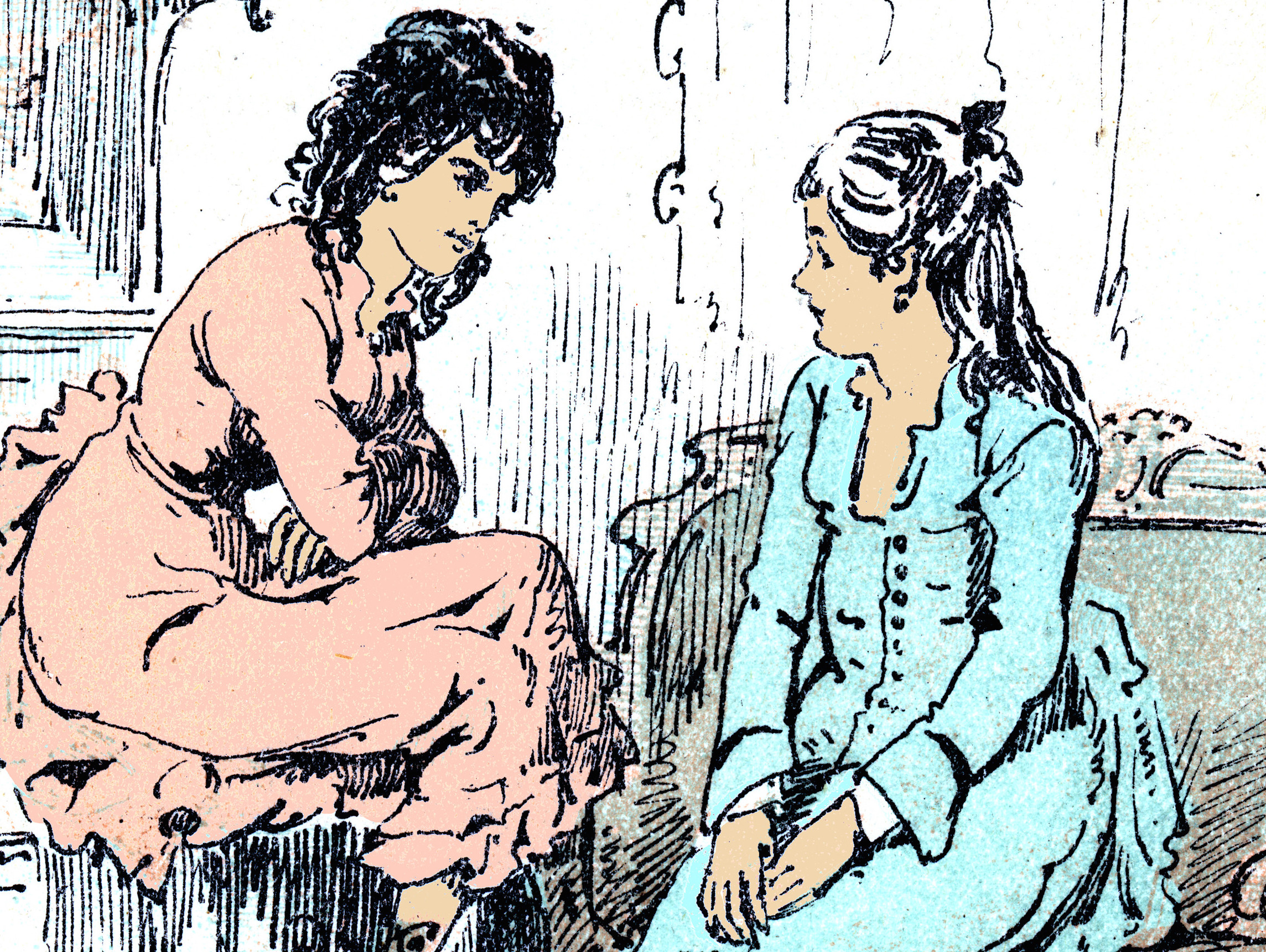【pastor sex video】
Growing Pains
Our Daily Correspondent

From Punch, 1877.
“Do you realize,” my friend Susannah said to me, “that we’re getting too old to be precocious?” This was at the start of the sixth grade. Susannah was, in fact, very precocious: politically minded, she had styled herself as an outspoken feminist, organizing an abortive boycott of a substitute gym teacher’s sexist softball practices. “I know,” she said sympathetically when she saw my face. “That’s how I felt, too—I almost cried. It’s a tragedy.”
This was dramatic, but Susannah wasn’t wrong. In some ways, the sands of time were running out, and our glory days were behind us. Soon, behaviors we’d once been rewarded for would be recognized as obnoxious, or precious, or odd. We’d have to hide them rather than flaunt them. What had been advanced was now arrested. Students at this point were honored for work and accomplishment rather than for quirks of early development.
It was Margaret Fuller who wrote that “for precocity some great price is always demanded sooner or later in life.” Fuller, of course, knew from precocity, to say nothing of feminism. She was reading by three and translating Virgil at five. Okay, she was actually more of a prodigy. But if her precocity was of the genius sort, she was right that garden-variety youthful precocity—as distinct from early success—is a particularly tricky sort of growing pain.
Not many people are prodigies; many are precocious. It requires nothing more than normal smarts, a little indulgence, a little exposure, a little encouragement. It’s the easy rewards that are so hard to lose, of course. But maybe aping adulthood is only appealing when it does not infringe on real adulthood. When one is on the cusp of it, things can become grotesque, or threatening. For every child star flickering out before our eyes there are a million moderately clever kids turning into dull, functional grown-ups. I am struck often by what nicepeople all my precocious schoolmates have become. It’s anticlimactic—but that’s probably the opposite of tragedy.
Sadie Stein is contributing editor of The Paris Review, and the Daily’s correspondent.
Search
Categories
Latest Posts
Kindle Rewards double points day: Here's how it works
2025-06-27 08:30Elon Musk fails bid to restore $55.8 billion Tesla pay package
2025-06-27 08:28Add holiday cheer to your Mac's desktop with Festivitas
2025-06-27 08:18Popular Posts
OpenAI announces ChatGPT Pro with a $200 monthly price tag
2025-06-27 07:44NYT mini crossword answers for December 7
2025-06-27 07:27Wordle today: The answer and hints for December 6
2025-06-27 07:04Featured Posts
AI models don’t understand Gen Alpha slang
2025-06-27 07:30Raiders vs. Buccaneers 2024 livestream: How to watch NFL online
2025-06-27 07:05iPhone 13 deal: Get $60+ off the iPhone 13 at Best Buy
2025-06-27 06:37Best early Prime Day deal: Save 40% on the Ember Mug at Amazon
2025-06-27 06:25Popular Articles
Google Pixel brings back popular camera features in new update
2025-06-27 08:48Shop the Indie Author Winter Wonderland event [2024]
2025-06-27 08:35Wordle today: The answer and hints for December 5
2025-06-27 08:27'Severance' Season 2 trailer: 12 burning questions we have
2025-06-27 07:58Best cooler deal: Save $50 on the Ninja FrostVault at Amazon
2025-06-27 07:24Newsletter
Subscribe to our newsletter for the latest updates.
Comments (3477)
Quality Information Network
Why Game Developers Keep Getting Laid Off
2025-06-27 08:39Star Sky Information Network
What to know about David Sacks, Trump's pick for AI and crypto czar
2025-06-27 08:38Fresh Information Network
Google Pixel brings back popular camera features in new update
2025-06-27 08:24Wisdom Information Network
Iowa State vs. Arizona State football livestreams: kickoff time, streaming deals, and more
2025-06-27 07:32Opportunity Information Network
JD Vance calls dating apps 'destructive'
2025-06-27 07:26